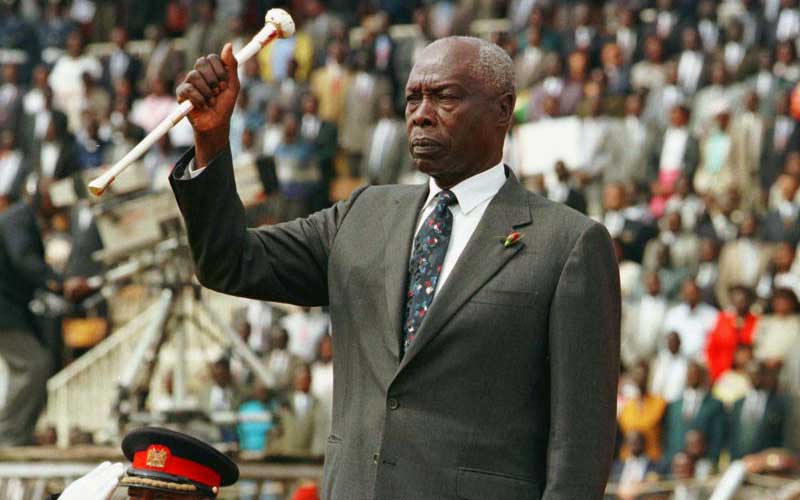×
The Standard e-Paper
Kenya’s Boldest Voice

As we reflect on the life of our departed former President Moi (pictured), it is befitting that we take a holistic picture of his contributions to our nation’s political, social and economic wellbeing. There are two epochs in Moi’s public service. First, is Moi the teacher, pre-independence legislator, MP and Cabinet Minister and Vice President of the Republic.